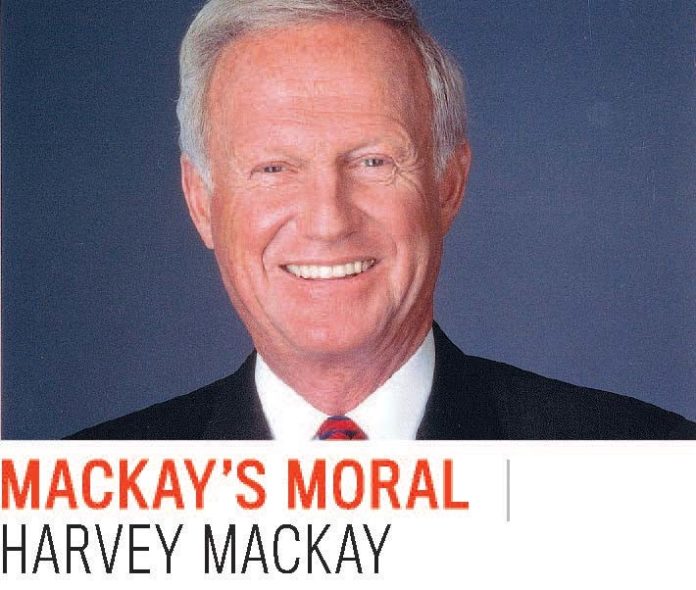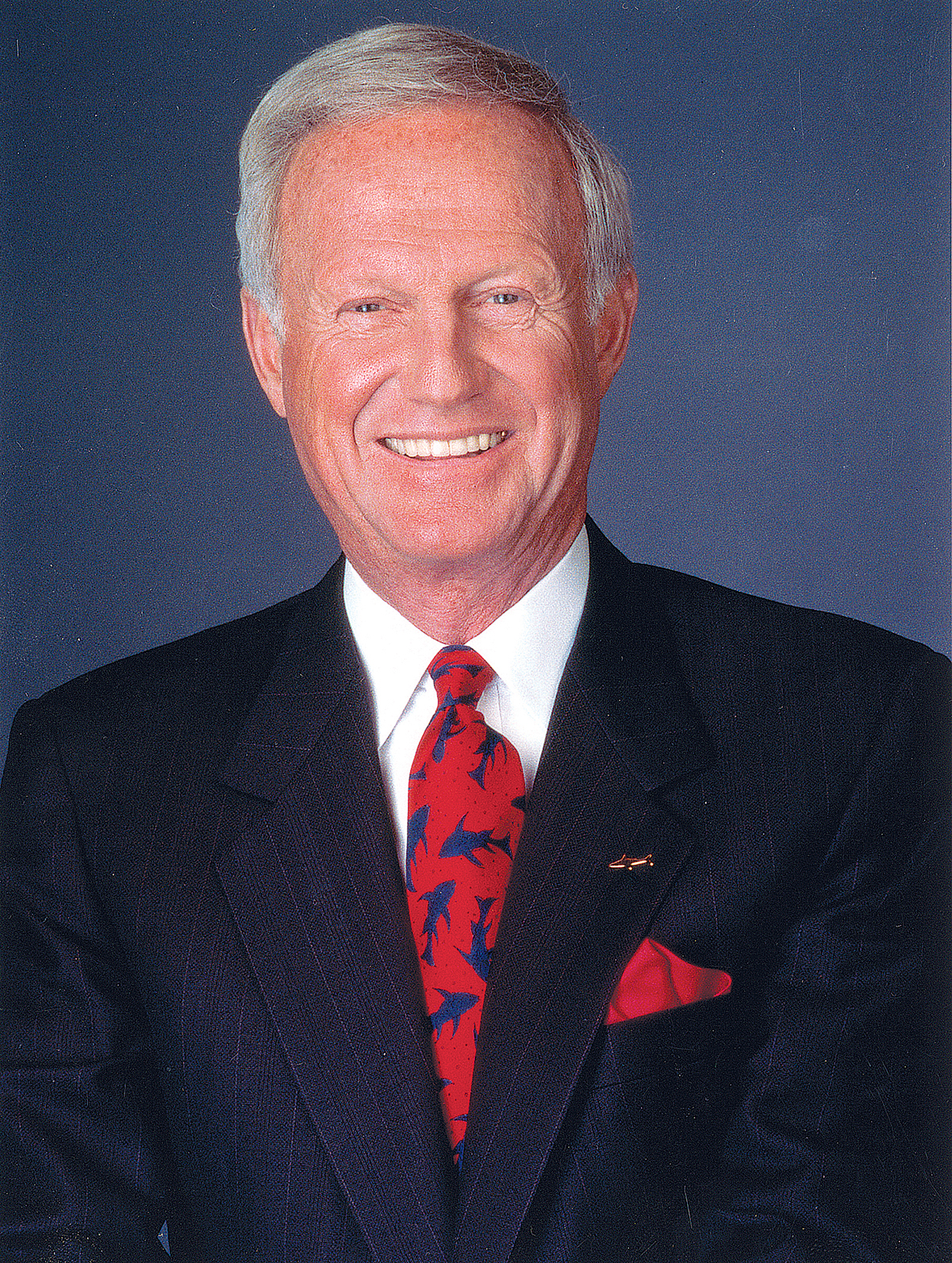Last spring, I was playing a great game of golf. I stood on the 18th tee, and with a birdie on the final hole, I would shoot an even par 72. I pulled out my driver one last time. Having hit 13 good drives in a row, I was superexcited about telling all my friends … until I hooked my tee shot into the woods and wound up with a double bogey and a 75.
Now, I would take a three-over-par final score any day of the week, but I was extremely disappointed with the way it happened because I knew I choked. So I called my good friend Lou Holtz and asked him for his definition of choking.
Lou said: “Choking is when you are concentrating on the result and not focusing on the execution.”
He went on to tell me about one of his kickers when he coached football at Notre Dame. His teams had not lost to the University of Southern California for 10 straight years, but in the next game the kicker shanked an extra point with 90 seconds to go, costing the Fighting Irish the game.
Choking is described as anxiety or nervousness, a lack of self-confidence, extreme tentativeness under competitive pressure and a tightening of the muscles. In short, people have a mental breakdown and forget what got them there.
This horrible mental monster wreaks havoc with everyone from Little Leaguers to the best of the best. A prime example is this year’s U.S. Open tennis tournament. Serena Williams was ready to make tennis history by winning the four major tournaments in a calendar year. She was heavily favored in her semifinal match against Roberta Vinci, who had never made it to the semifinals of a major tournament. Serena cruised through the first set. Suddenly the wheels came off under a mountain of pressure, and she lost to her unranked Italian opponent.
History is full of famous sports chokes, but choking doesn’t only happen in sports. It also happens many times in business and all facets of life. It can happen to the top sales rep who botches a million-dollar sale or the seasoned customer-service rep who messes up an important account.
Dr. Alan Goldberg is an expert on mental toughness and choking. He has seven guidelines to help loosen the grip that choking may have on you, which he refers to as the First Aid for Choking. Think of it as a businessperson’s Heimlich maneuver.
n Stay in the now. Don’t allow your focus to drift. As you get more anxious, your muscles will tense up. Don’t think about the past or the future, concentrate on the present.
n Keep your focus on you. You can’t be concerned about what others may think of you. Fear and embarrassment will physically tighten you up and undermine your self-confidence, thus distracting you from doing your job. Quickly return to what you are doing in that moment.
n Dwell on what you want to happen, not on what you’re afraid will happen. If you are worried about what could go wrong, you are unknowingly visualizing what you don’t want to happen. This gets you uptight. Try visualizing what you want to happen.
n Understand that choking is normal. Everyone chokes sometimes, even the best in their field. Remember that you are in good company.
n Be a good coach to yourself. When you choke, the last thing you should do is get angry with yourself or let people put you down. Be kind to yourself and forgive your failures.
n Leave your expectations at home. Dr. Goldberg believes that obsessing over future outcome will make you more vulnerable to choking. It’s OK to write your goals down and store them away out of sight until after the performance is over.
n Handle negative thinking with lightness. We all hear that little voice of self-doubt. Just don’t take it seriously. You can still perform to your potential with this negativity. Return to your focus and stay calm and loose. n
Mackay’s Moral: A little hiccup won’t end your career, but be careful not to let it choke you.
Harvey Mackay is the author of the New York Times best-seller “Swim With the Sharks Without Being Eaten Alive.” He can be reached through his website, www.harveymackay.com.












